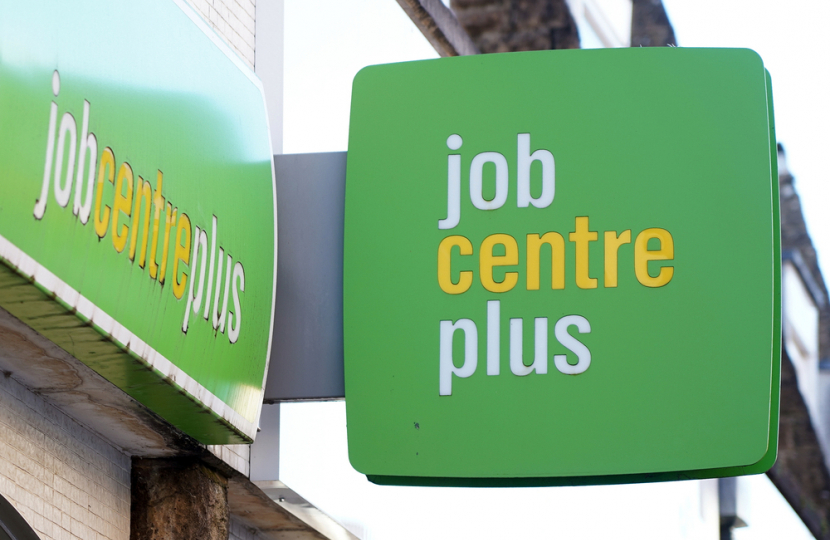
Universal Credit is a policy that has worked. By building on it we will save much more than through penny-pinching cuts.
The post-pandemic economic upheaval should not obscure a decade of hard-won progress on welfare reform.
Prior to the reforms I introduced, as Secretary of State for Work and Pensions, millions of people were trapped on out-of-work benefits – a million for a decade or more. Unemployment had risen by half a million and almost one in five households did not have a single person in work.
Even before the financial crisis, millions were left to languish on a benefit system that penalised work and fostered dependency. This was a human as well as an economic disaster.
The welfare reforms we introduced – including Universal Credit (UC) – were designed to tackle this head-on.
We rolled six complex benefits into a single, simplified system. We tightened the rules around claims, ensuring people who were able to work were helped into jobs. And we increased the incentives to move into employment.
The too-easily forgotten result was that long-term unemployment fell by half, funded by savings from benefits as people went into work. Children living in workless households fell from one in six to below one in 10, meaning that 700,000 more children are growing up with the simple but life-changing advantage of seeing their parents go out to work. Even after all the turbulence of the pandemic, there remain a million fewer workless households than before the reforms.
The reforms meant that the Department for Work and Pensions was able to swiftly process nearly three million extra claims at the start of the Covid outbreak. Yet now, the numbers of people falling into welfare is once again on the rise. New analysis by the Centre for Social Justice (CSJ) estimates that there has been a 23 per cent increase in the number of working-age benefits claimants since spring 2020.
The way to resolve this isn’t through cutting the value of benefits even further (already well behind the rate of inflation) but through further reform.
More than two million people remain on legacy benefits, like tax credits, where they do not receive the support those on UC get to find work.
Policy must reflect our ambition as Conservatives to change lives. The CSJ’s analysis shows that the overall rise in working-age welfare recipients is driven by increases in claims among those exempt from the requirement to work. A million or so are still claiming ESA, a sickness benefit introduced by the last Labour government. Among this group a disproportionate number are suffering from treatable mental-health conditions.
Where UC has succeeded in bringing claims back in line with pre-pandemic trends for those most immediately able to work, the numbers in the more vulnerable group remain stubbornly high.
It is an error to write off the many thousands who are on sickness benefits but want to work. Official surveys show that at least one in five claimants in this group would like to work – a minimum of some 700,000 individuals, the CSJ estimates.
The Government should scrap the arbitrary 16-hour limit on work for those on sickness benefit, which only boosts the black economy. To boost UC recipients’ return to work, the Government should roll out Universal Support. It was designed by us to sit alongside UC and help people overcome complex problems. These changes would lead to a major and early reduction in the £13 billion being spent on working-age welfare since Covid.
To really save money, we must change lives.



